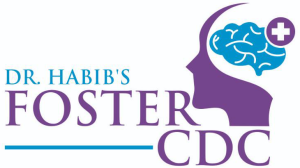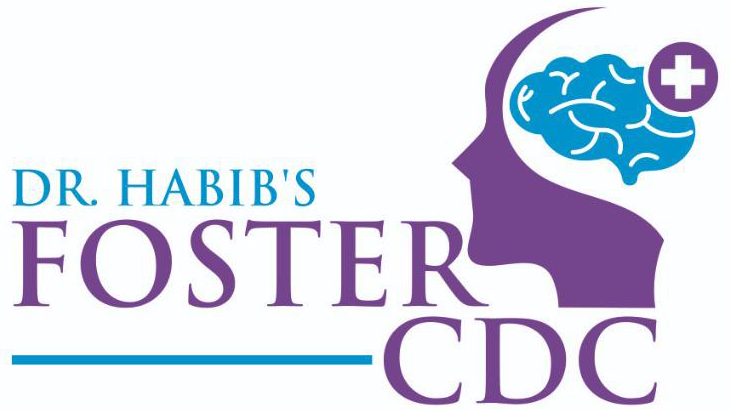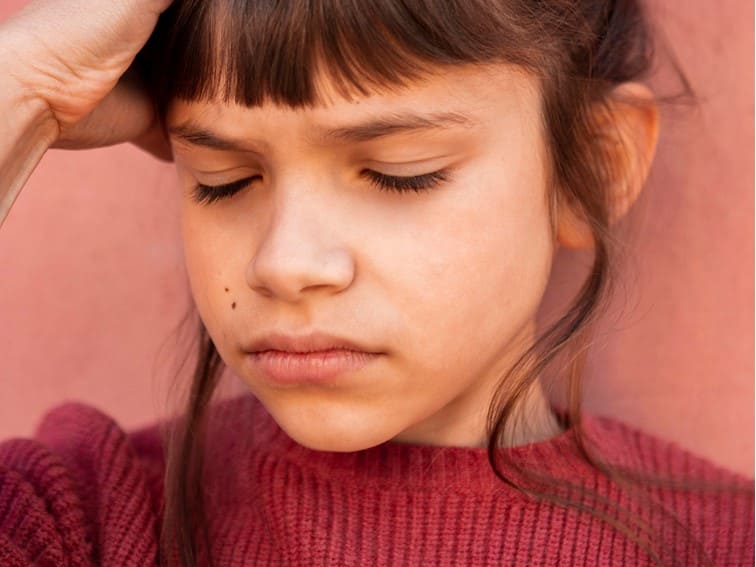How to prevent headache: Adults aren’t the only ones who suffer from headaches. One in about every 5 school-aged children and teenagers too suffer from them. Tension headaches are the most prevalent type of headache in adults. However, roughly 5% of young children, some as young as four years old, suffer from tension headaches. Adults suffer from migraines, but children can suffer from them as well. Furthermore, migraines aren’t just bothersome, they are “terrible headaches.” They’re frequently incapacitating.
Causes of headaches in children
The majority of children get them as a result of a sickness, infection (such as a cold), or a fever. Sinusitis and infections of the ear or throat, for instance, can result in headaches. Migraine headaches, on the other hand, are a different matter. Doctors aren’t sure what causes them, but migraines are related to physical/chemical changes in the brain, as well as genes passed down from parents to their children. Additionally, around seven out of 10 children who suffer from migraines have a parent, sibling, or another family member who suffers from them. Fatigue, strong lights, and weather change are all possible migraine triggers.
Symptoms
As per the Migraine Research Foundation, millions of children across the globe suffer from migraine headaches. If your child is one among those, then check whether your child is becoming extremely sensitive to the following factors: bright light, sound, and scents. And also make a note of whether your child’s headaches are accompanied by nausea, dizziness, and vomiting
You can reduce the odds of your child getting a migraine by recognizing and preventing specific triggers including loud noises, bright lights, and other factors.
Learn more about migraine triggers in children
How to Prevent Headache – Natural headache remedy for child
If your child’s headaches aren’t accompanied by additional symptoms, you might want to start with some natural remedies or over-the-counter pain medicines.
These suggestions may assist with tension headaches:
- Allow your youngster to lie down with their head slightly lifted.
- Give your child a warm bath or have shower with them.
- Apply a cool or warm compress to their forehead or neck.
If your child has migraine-
- Let your kid relax in a dark, quiet environment. Keep the drapes closed and the noise to utmost minimum.
- Ensure a comfortable and relaxing atmosphere so that your child falls asleep quickly.
- Sleeping often resolves headaches in children.
- Encourage the child to take slow, and deep breaths.
- Apply a warm or cold compress to the affected temples.
- Ensure that your child has taken enough food. If not then give your child some fruits or healthy meals. Not eating can make headaches worse in children.
- Cool, wet compress placed on your child’s forehead and temple can offer relief.
- Massage can help relieve tension and stress headaches.
Both tension and migraine headaches can be relieved with a single dose of over-the-counter ibuprofen or acetaminophen. These medicines should be given to your child as soon as a headache begins, according to experts. Furthermore, don’t do it more than twice a week; it may cause repeated or rebound headaches. If you think medicines are not working for your child’s headaches, then consult a pediatric neurologist.
Never give aspirin to children suffering from cold or flu (now the season is winter – flu season) and also to those children recovering from these conditions. The reason, aspirin use has been linked to Reye’s syndrome – a potentially life-threatening rare condition.
Supplements
Though there are no extensive studies in respect of the use of dietary supplements for easing migraine and headache episodes, experts suggest the following supplements: vitamin D, calcium, Coenzyme Q10, magnesium, and riboflavin. It is always better to consult your neurologist prior to giving them to your child.
Bottom Line
You should not get carried away by your child’s health issues especially when it comes to headaches and migraines. Don’t resort to OTC medication in a hurry to provide some immediate relief to your child. All types of headaches cannot be dealt with that way as there could be some underlying health issues. Therefore, you should make an appointment with an expert pediatric neurologist for a thorough evaluation of your child’s headaches.
Learn more about how to prevent headache in children.


